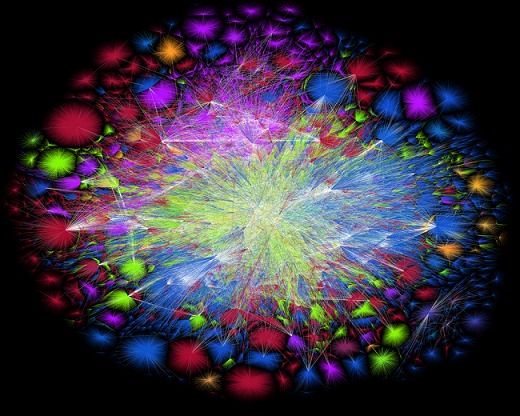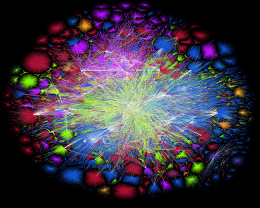What is net neutrality?
Net neutrality refers to the idea of an open Internet where all data is treated equally by everyone. This concept has been the norm since the advent of the Internet, but it has been hotly debated in recent years.
The Internet is like a highway
If you were to think of the Internet today as a highway and the cars on it as data, all cars would be allowed to travel on the same road no matter their size. By limiting net neutrality, however, large cars that need to use up more of the highway would be able pay an extra fee so that they could prioritize the road. This would cause other large cars that need to use the road but can’t pay the fee unable to realistically use their cars.
The debate
Some opponents to net neutrality, primarily those in charge of ISPs, believe that some data, such as video and music streaming, should be treated differently. They want to charge application providers an extra fee to access an Internet “fast lane” so that their services can prioritize bandwidth. There is also a push for ISPs to be able to package certain applications as part of deals when selling Internet access to the public. A large majority of people are rigidly against this kind of behavior and have been incredibly vocal in the fight to keep the internet an open and free medium.


The internet is unlike any invention in the history of mankind. It is a vast and ever expanding network that spans the globe and is becoming more and more important to daily life. Rules that govern it lay in largely uncharted legal territory. The US has been looked at as the staging ground for this debate internationally.